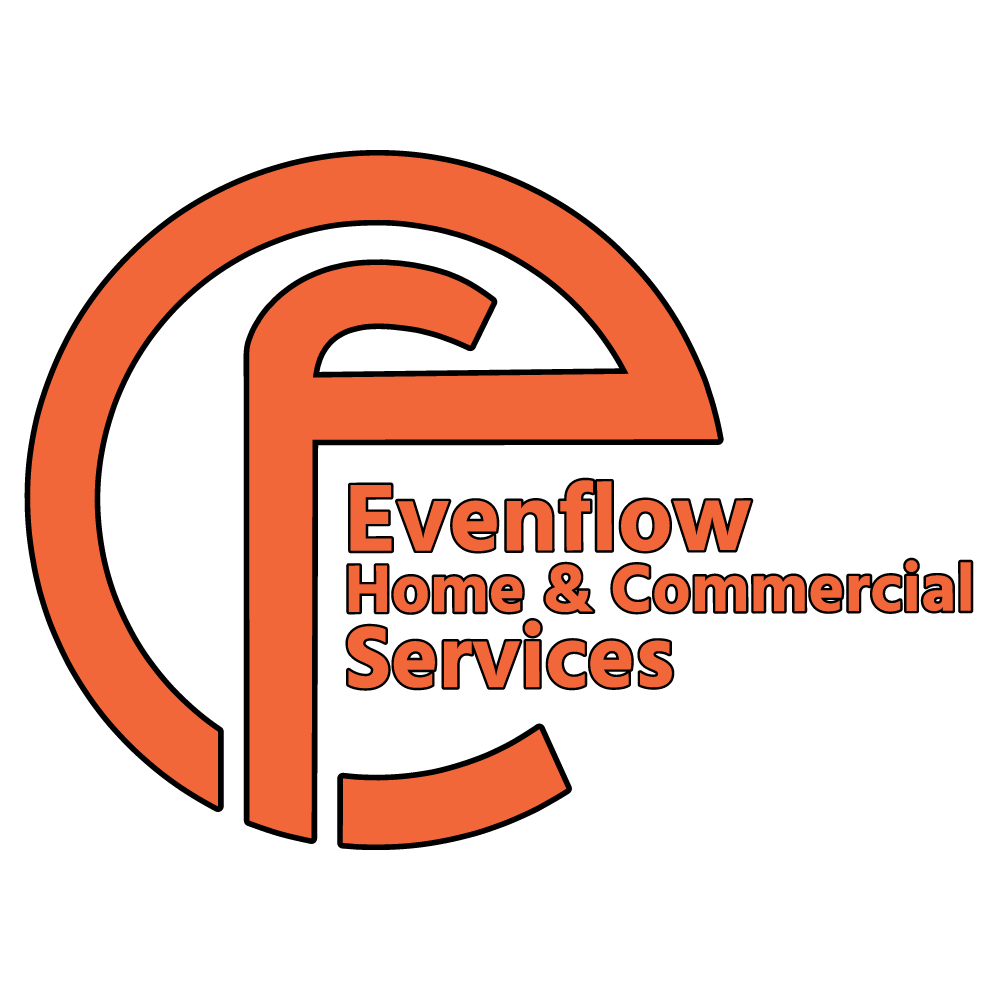Transforming a Home's Energy With Solar Power
Solar power turns sunlight into energy using the photovoltaic effect.
Interest in renewable energy has been on the rise for decades. Among the multitude of renewable energy options is solar power. Relatively affordable, capable of supplying an almost inexhaustible energy supply in the right circumstances, it's also relatively easy to install at home.
Here is a broader look at this popular renewable source of energy.
How solar works
Solar power turns sunlight into energy using the photovoltaic effect. When electrons from the sunlight meet a semiconductor material, it leads to direct current (DC) generation. In turn, the direct current moves into an inverter that converts it to an alternating current (AC). It's this alternating current or energy that a house or commercial building can use with existing installations.
Solar panels
Solar power systems can be tied to the grid or off-grid. Grid-tied systems connect to the public electricity grid. A system like this can take energy from the grid when there isn't enough sunlight for production or feed the electricity back into the grid for credits through net metering.
Off-grid systems
Off-grid systems work independently from the electrical grid and use batteries to store excess power that's usable when there is no sunlight. They're best suited to remote areas, such as cabins in the wilderness without access to the regular grid.
There are also hybrid systems that combine features of both former types. They connect to the grid for backup or net metering benefits and use batteries for storage and energy independence.
Advantages of solar
Solar power is great for the environment. The energy is clean to produce, meaning lower carbon emissions, and renewable means less resource depletion. Better yet, the systems are becoming increasingly efficient.
However, it is worth pointing out that the materials for solar panels and batteries can be toxic and produce greenhouse emissions. Moreover, while exceptionally convenient in residential and small business applications, solar isn't yet at the point where it can replace more conventional energy sources.
Beyond the environmental impact, solar can also benefit the home or business owner's wallet. It may seem counterintuitive, given the higher initial cost of installing solar panels or shingles, but gradual savings are not to be overlooked. Solar saves money on monthly bills by making the home less dependent on the public grid.
If the conditions are just right, it may even zero out any cost of electricity. Net metering benefits also let home or business owners sell any excess electricity back to the grid.
Last but not least is energy independence. This benefit results directly from the other two: solar reduces reliance on utility companies and fossil fuels. As such, a house with a solar system produces consistent electricity, given adequate weather, regardless of the global circumstances regarding fossil fuel. Such a household is also independent of electricity price fluctuations and increases.
A new kind of energy
Solar energy has transformative potential for almost any household, especially those lucky to be in a fairly sunny climate. When considering installing solar panels at home, talk to a local installer company to receive a quote and schedule an assessment.
Trust Evenflow Home Services to maintain optimum home comfort and efficiency with thermostats, attic insulation, duct replacement, solar electric and energy storage systems, and preventative maintenance. Talk to our experts for more.

